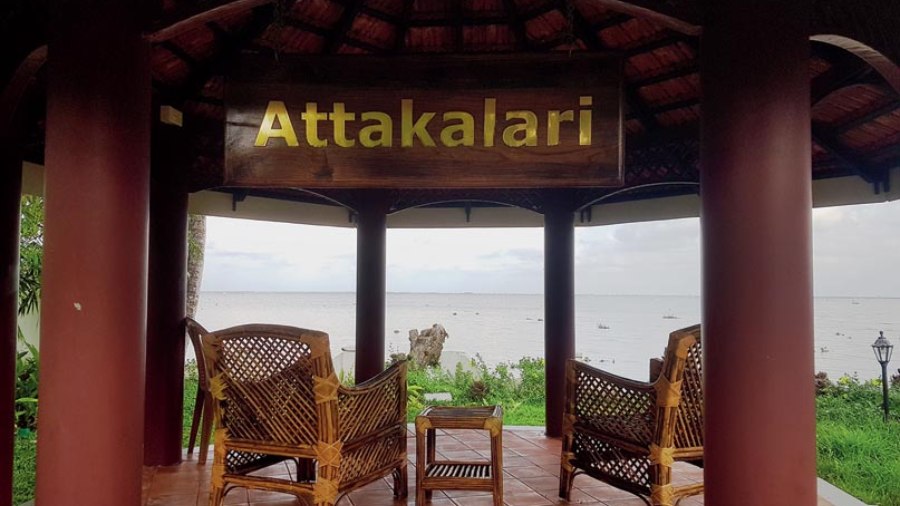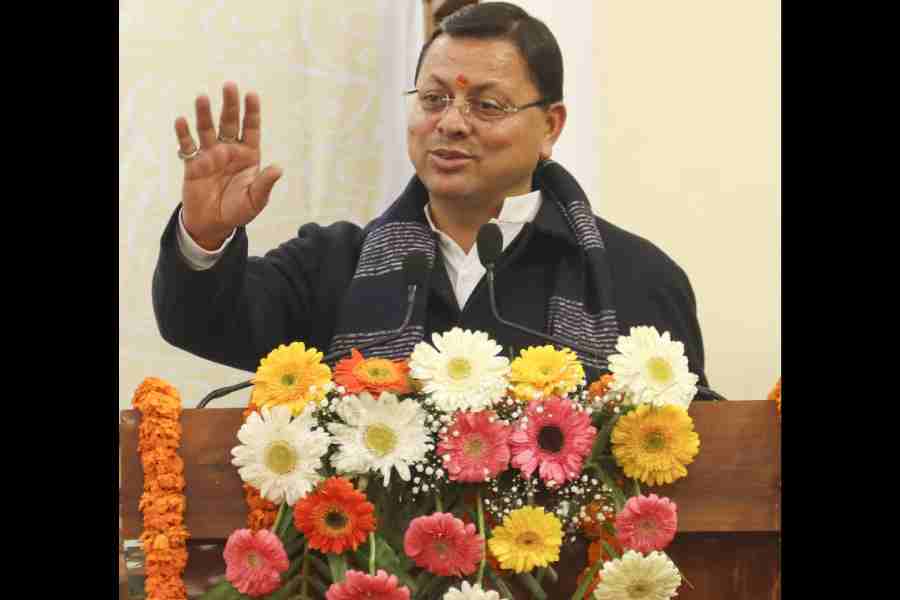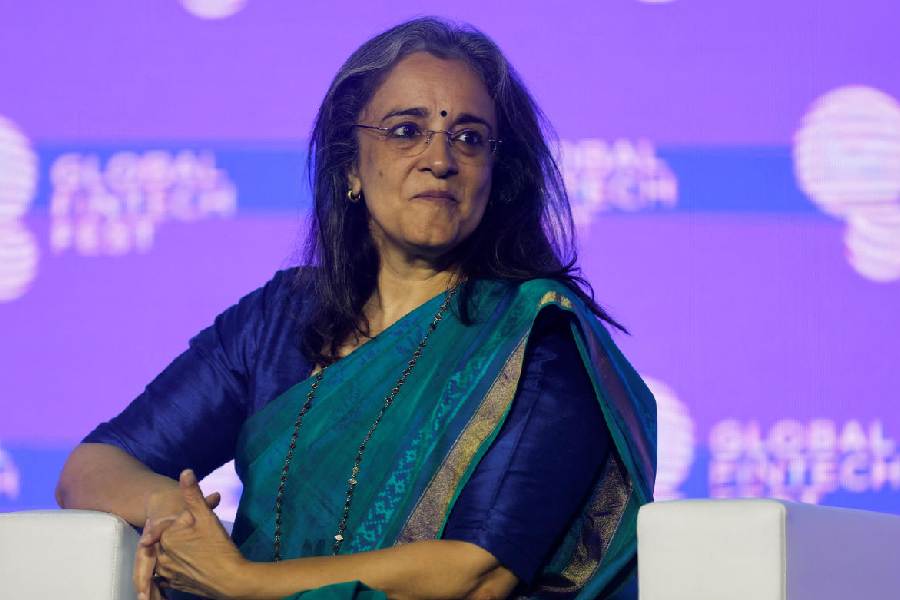The pandemic has taken a toll on health be it physical, mental or emotional. We are living in the new normal with face masks, hand sanitizers and virus variants emerging regularly. As a travel writer and nomad at heart, it has been extremely difficult for me to stay away from travel. My pent-up restlessness and forced imprisonment needed an outlet. I had to heal from within and accept the new normal. The best way to do that was to take a wellness holiday. After extensive research, I chose Amal Tamara located by the Vembanad Lake in Kerala.
I started my journey at Amal by becoming an Amal Yatri and learnt how to mindfully eat cure cuisine, take a digital detox and do gratitude journaling. My days began at 6.30am with an agnihotram to purify the air and infuse positive energy, followed by yoga where I caught the sunrise as I ended the session with pranayama.
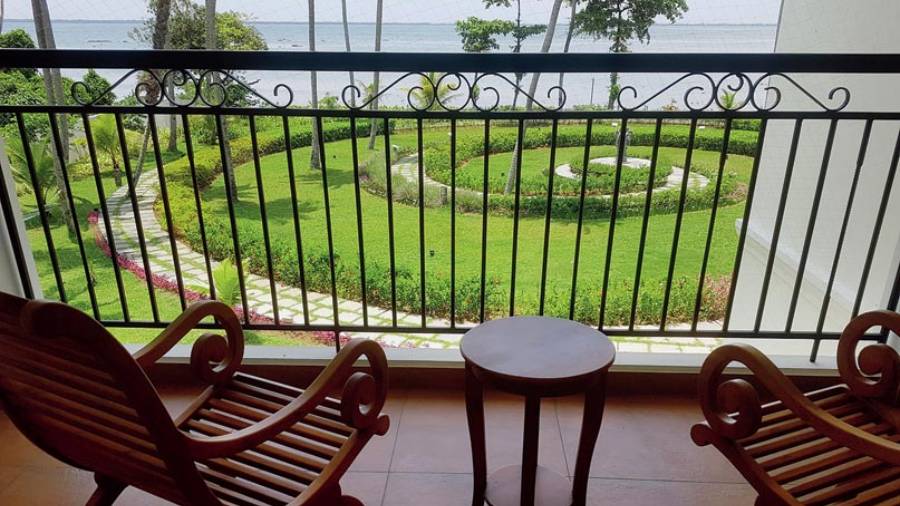
I spent time reconnecting with myself through singing baul and raga meditation. At culinary demonstrations, I learnt easy and tasty preparations that I could cook back home. I even made my own herbal dye and created a tie-and-dye pattern on a handkerchief with it. This activity made me appreciate the simple joy of creating something without any pressure.
Sitting in my private balcony, looking at the Vembanad Lake, I watched local men fishing for clams to earn their livelihood. The boys who accompanied them had turned the activity into an enjoyable one, laughing and showing off their clams as they emerged from the water. It made me realise that one doesn’t need fancy gadgets or expensive experiences to be happy. There is joy and contentment in simple daily activities, depending on whether we are ready to embrace them.
An important reason why I chose Amal Tamara was because it imbibes Ayurvedic Chikitsa Chatushpada, which centralises healing through the physician, patient, therapist, and medicine. In sync with this, I had daily consultations with specialised doctors who prescribed my Ayurvedic therapies for the day. Herbal medicines and additional detox therapies were included. I had already done a pre-consultation on Zoom before I arrived at Amal to discuss the health issues at length. There was also a briefing about the concept and schedule at the property.
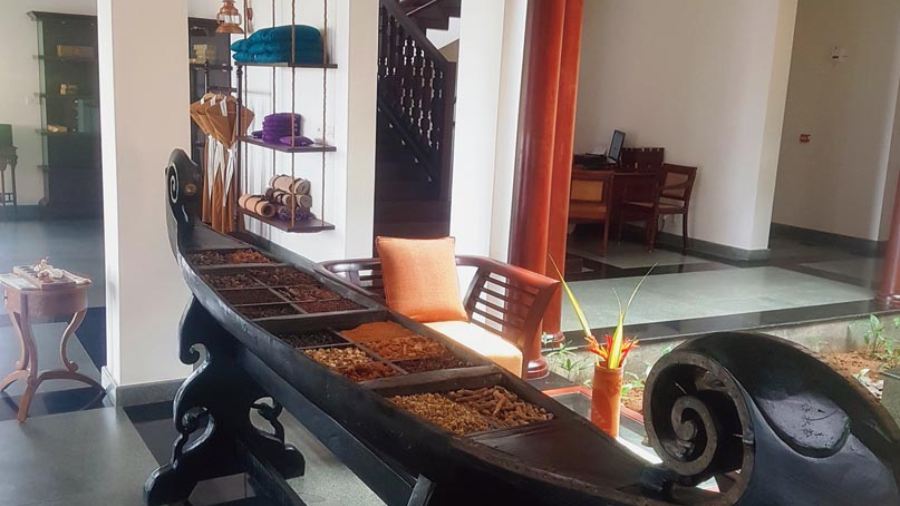
Following the digital detox regimen, the mobile phone was kept in the room to avoid distractions while eating at the restaurant that is located next to the centre courtyard. Centre courtyards are a typical feature of traditional Kerala homes. I chose the table in front of the swimming pool that also overlooked the Lake.
It was a culinary treat to eat freshly prepared, easily digestible, balanced vegetarian meals that were mostly organic. No sea salt, refined flour, refined sugar and preservatives were used in their preparation. Each nutritious meal was personalised and prepared as per my constitution to aid in transforming the body and mind. Before each meal, the menu was given, mentioning the name of the dish and its health benefits.
There was a salad, soup, vegetables, rice, chapati and dessert. Beetroot quinoa salad was not just delicious but balanced my blood pressure and regulated the blood count. I happily relished Koorka Mezhukkupuratti where Chinese potatoes and shallots were stir-fried South Indian-style and Cheera Mappas where red spinach was sautéed in a coconut coriander gravy to restore energy and improve vitality.
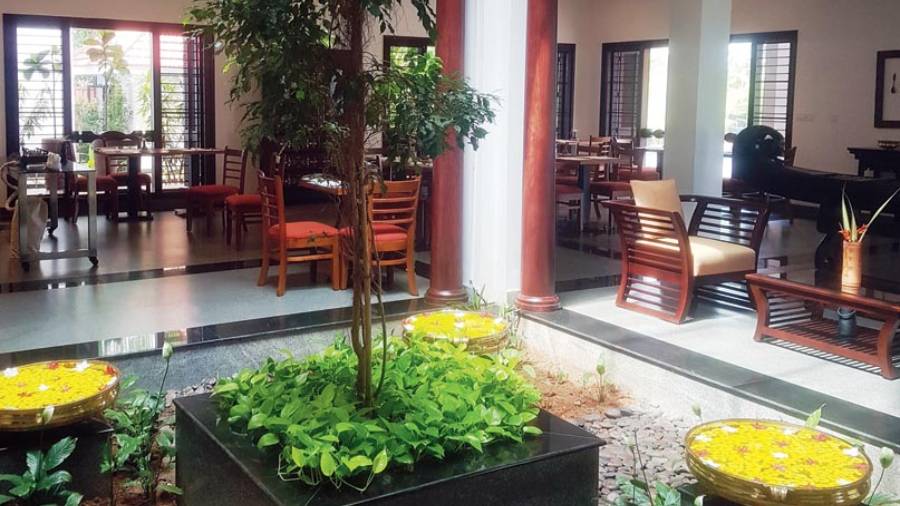
Grilled yam enhanced brain function while kathi rolls, palak paneer tawa tikka, vegetable makhani, green leaves rice made with spinach and drumstick leaves in coconut milk were delicious and wholesome. My sweet tooth guilt-free indulged in papaya payasam, tender coconut payasam, pumpkin seed balls and beetroot halwa. My palate loved the blend of local ingredients that on occasion had been given an international twist. Think tabbouleh salad and quesadilla with avocado salsa.
It was heartening and soul satisfying to relish regional cuisine like Kothu Parotta, which was filling and provided soluble fibre, banana and carrot stew cooked in coconut milk, which strengthened the nervous system and brown rice idiyappam that was a good source of energy. I couldn’t seem to get enough of ragi dosa made from a batter of ragi which not just promoted weight loss but also prevented the tissues from damage. Wondering how onion halwa would taste, a small spoon was gingerly taken. The burst of flavour was a sensory delight.
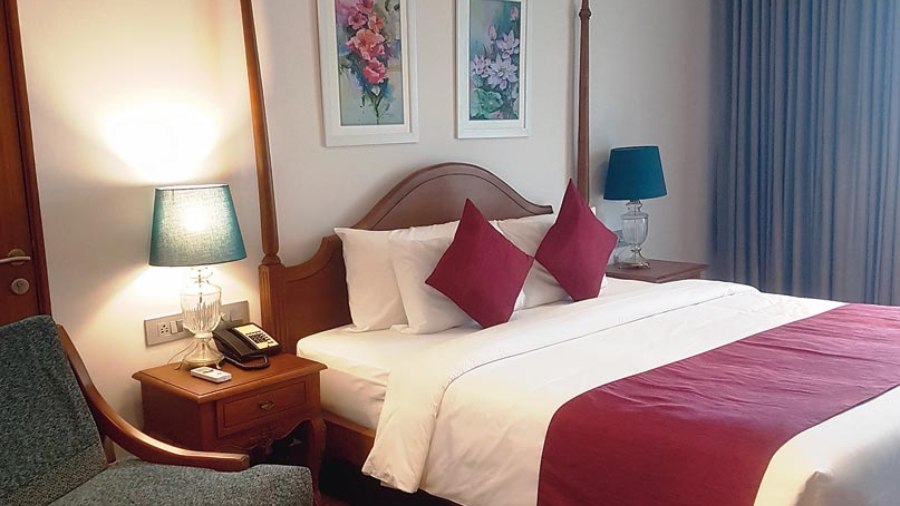
Accompanying the meals was medicated water that was changed daily. One day I sipped dry ginger water which was anti-diabetic and settled the stomach. The next day, my copper glass was filled with tulsi water to reduce stress, improve brain function and relieve cough and cold. The aromatic taste of cinnamon water worked wonders for boosting immunity and digestion. Used to eating dinner late in my city, I was apprehensive of finishing dinner by 8pm and whether I would feel hungry later. Surprisingly, I didn’t.
While the property has both traditional Kerala and contemporary architecture, my favourite spot was the Dhanwanthari Walkway where I strolled in the evenings listening to birds chirping. Later, sitting on one of the teakwood wooden benches that formed the outdoor sit-out at Amal, it was time to soak in the freshly burnt sambrani whose fragrance dispels negativity. Sun-dried paddy spikes depicting prosperity and wealth hung on the door entrance. As part of the cultural activities, there were live Carnatic music and Kalaripayattu performances that were soothing and invigorating.
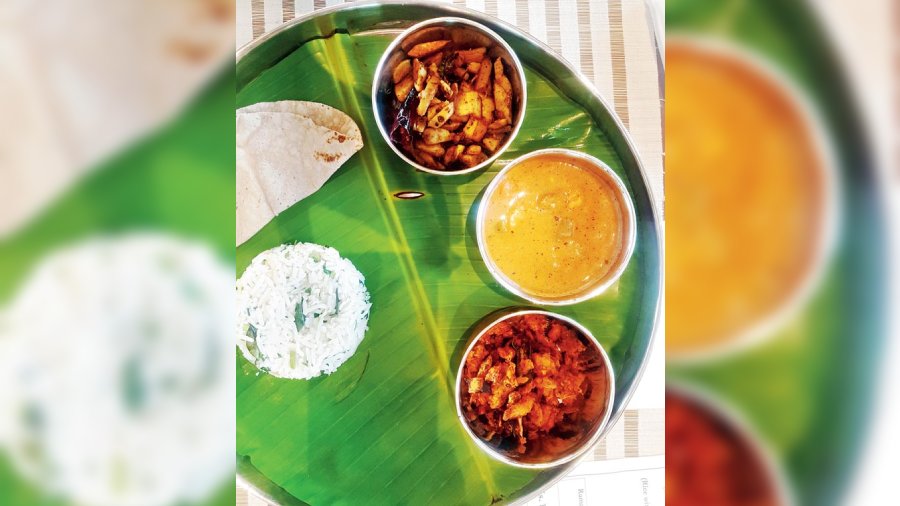
On other evenings, I sat next to the lake watching a cormorant dry his drenched feathers or a kingfisher swoop down to catch a fish. Gazing at the gentle lapping of the water, my anxiety reduced. I began to have clarity, live in the moment and the constant clutter of the mind was gradually fading. The wellness activities, authentic Ayurveda and positive vibe of Amal, meaning pure in Sanskrit, had begun to work their magic.
I understood why Shruti Shibulal, CEO & director, Tamara Leisure Experiences, started Amal Tamara as a way to honour the tradition of Ayurveda in Kerala and in her family. “We have several Ayurvedic doctors in the family. Our family comes from a long line of Ayurvedic practitioners dating back to the 1920s. With a deep belief in the ancient wisdom of Ayurveda and a deep and long-standing connection to the region of Alleppey, Amal Tamara is a very special project. I couldn’t be prouder to be opening our doors at a time when so many of us are in need of tranquillity and healing. It is yet another step towards our mission of delivering responsible and memorable hospitality,” she explained.
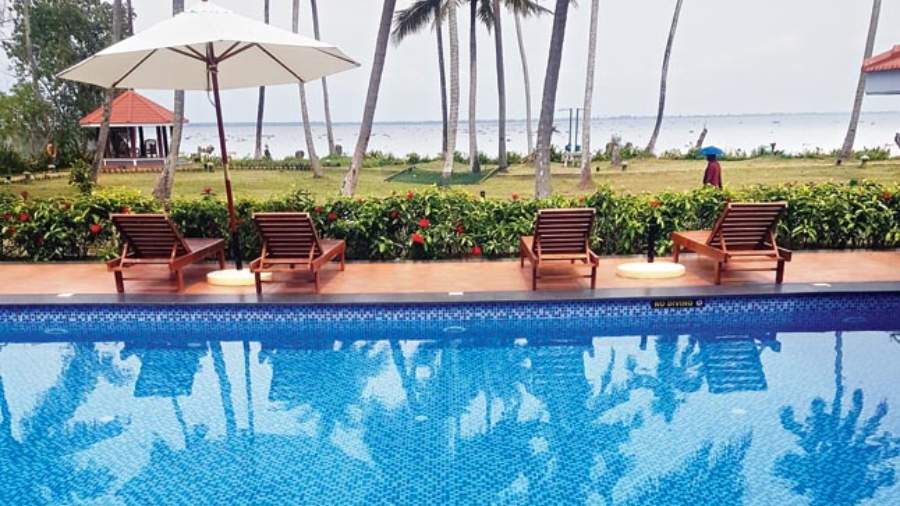
On my last evening, while introspecting and sipping ramacham, which is known to purify blood, I heard loud laughter. A group of teenage boys were competing as to who got the most clams in the fastest time. As each boy dived into the lake, the others cheered him. The friendly competition ended with more cheering. There was no solo winner. All the boys had won. I smiled. Amal Tamara was not just about wellness transformation. It had taught me life lessons as well.
Text and images: Khursheed Dinshaw

